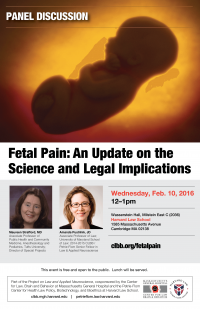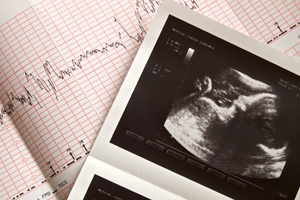By David A. Grimes | The Huffington Post | March 14, 2015
In March of 2015, the West Virginia legislature overrode the Governor’s veto of HB 2568, the “Pain-Cable Unborn Child Protection Act.” As noted by the Governor, who vetoed a similar bill last year, the bill is unconstitutional. Arizona passed a similar law in 2012, and the U.S. Ninth Circuit Court of appeals struck down the law as blatantly unconstitutional. In 2014, the U.S. Supreme Court refused to review the appellate court decision, which means that the law’s rejection as unconstitutional stands. Undeterred, West Virginia has now repeated the error.
When realtors dictate the practice of medicine, everyone loses. The West Virginia bill features junk science and other glaring deficiencies. The caption of the bill is illustrative: It has two different errors, one medical and one semantic. First, a fetus is incapable of experiencing pain. Second, a child cannot reside in the uterus. Use of a dictionary resolves the semantic problem, but what is the evidence concerning the notion of fetal “pain”? Continue reading »





